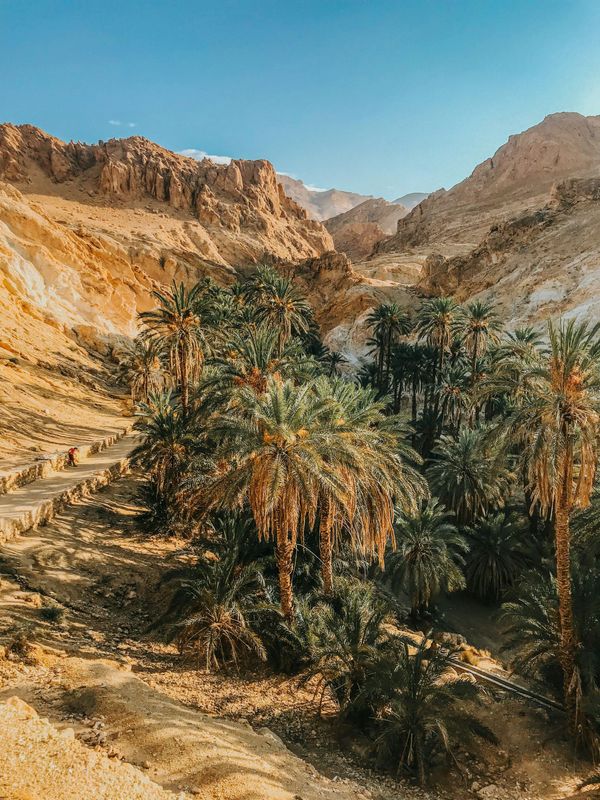Earth Day and the Beauty We Love
by Sam Mickey
Beginning with photographs taken in the 1940s, space exploration made possible numerous pictures of Earth taken from outside of the planet’s atmosphere, of which one of the most famous is the 1968 photograph of Earth taken from the moon, “Earthrise.” Seen from the vantage point of the moon, Earth puts humankind in context, conveying a sense of the unity of the Earth community. There are many important differences that distinguish humans from one another and from the more-than-human inhabitants and habitats of Earth. Yet, as pictures of the whole Earth indicate, those differences take place in one planetary context. No matter how different we are, whether human or nonhuman, we are earthlings. Common ground for cultural interactions and political negotiations is right here in our literally common ground, our singular homeland—Earth.
At around the same time that pictures of Earth began circulating widely, a science of the whole Earth began to emerge—Gaia theory, more commonly known today as Earth systems science. There is much to celebrate about this increasingly clear view of Earth, but any such celebration comes with a poignant irony. At the same time scientists were becoming aware of the evolutionary and ecological dynamics of Earth, they were becoming increasingly aware that the life, land, air, and water of Earth are in critical condition due to the rapacious growth of industrial societies fueled by ancient lifeforms fossilized in coal, oil, and natural gas. Celebrations of our planetary home must reckon with grief and mourning for all that has been lost, and they must face the challenge of protecting and regenerating all that remains. That was the impetus for the inaugural Earth Day in 1970, which continues to be celebrated worldwide every year on April 22.
Earth Day garners more participation than any other secular holiday. It is a day for joyous attention to the wonders of the planet, and it is also a day for personal and political transformation. This is not to say that Earth Day has been a miraculous success in slowing the pace of environmental destruction. 51 years since its inception, Earth Day has not solved the global ecological crisis. However, that is not its purpose. It is not supposed to solve the existential threat of ecological collapse. It is a reminder that the solutions we need are right under our feet, in our common ground. Solutions do not come from a holiday celebrated once a year. They come from communities connecting with their place on the planet. There are many ways of cultivating those connections, many ways of thinking, feeling, and acting in service of our common home, many ways of preserving the resplendent beauty of the living Earth community. Consider the words of the 13th-century Sufi mystic and poet, Rumi. “Let the beauty we love be what we do. There are hundreds of ways to kneel and kiss the ground.”1
1 Maulana Jalāl ad-Dīn Rumi, The Essential Rumi: New Expanded Edition, translated by Coleman Barks (New York: HarperCollins, 1995), p. 36.
Sam Mickey, PhD, is an Adjunct Professor in the Theology and Religious Studies department and the Environmental Studies program at the University of San Francisco. He has worked for several years at the Forum on Religion and Ecology at Yale. His teaching, writing, and research are oriented around the ethics and ontologies of nonhumans, and the intersection of religious, scientific, and philosophical perspectives on human-Earth relations. He is an author of several books, including Whole Earth Thinking and Planetary Coexistence (2015), Coexistentialism and the Unbearable Intimacy of Ecological Emergency (2016), and On the Verge of a Planetary Civilization: A Philosophy of Integral Ecology (2014). He is co-editor (with Sean Kelly and Adam Robbert) of The Variety of Integral Ecologies: Nature, Culture, and Knowledge in the Planetary Era (2017). He is also co-editor of Living Earth Community: Multiple Ways of Being and Knowing, an open access title available to read and download for free here.
Photo by Elena Mozhvilo on Unsplash



